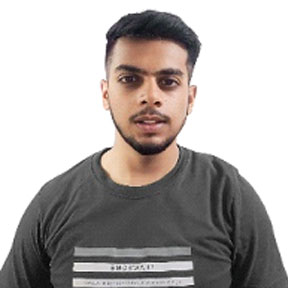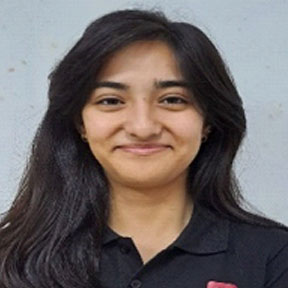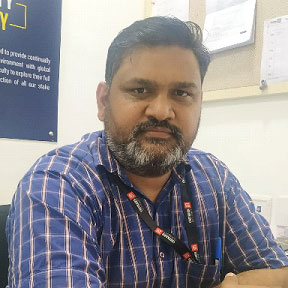Geothermal heat pumps (GHPs), sometimes referred to as GeoExchange, earth-coupled, ground-source, or water-source heat pumps, it relies on a loop of pipes buried underground to exchange heat with the earth, providing consistent and environmentally friendly temperature control. It offers lower operating costs, durability, quiet operation, and the potential for incentives, but may have higher upfront installation expenses. These systems provide efficient heating and cooling, reducing energy costs and creating a comfortable learning environment. Excess energy generated can be sold back to the grid, generating revenue for the school. Moreover, the installation could serve as an educational opportunity, raising awareness about renewable energy and sustainability. This holistic approach benefits the school financially, educates students about clean energy, and contributes to local energy resilience, fostering a more sustainable future for both the institution and the community. By utilising potential incentives, schools can overcome initial installation costs, which offer significant advantages for schools in rural areas of India, and maintain comfortable temperatures year-round. In northern India, the temperature generally varies from 40°C to 50°C in summer, whereas in winter it is generally below 5°C. The optimum temperature for drinking water is 18°C to 45°C. If the water is too hot, it can burn the oesophagus and potentially result in oesophageal cancer. On the other hand, drinking a large amount of ice water can cause blood vessels to constrict, which will decrease the blood supply to the intestines and stomach and lead to stomach cramps, abdominal pain, nausea, and other symptoms.



